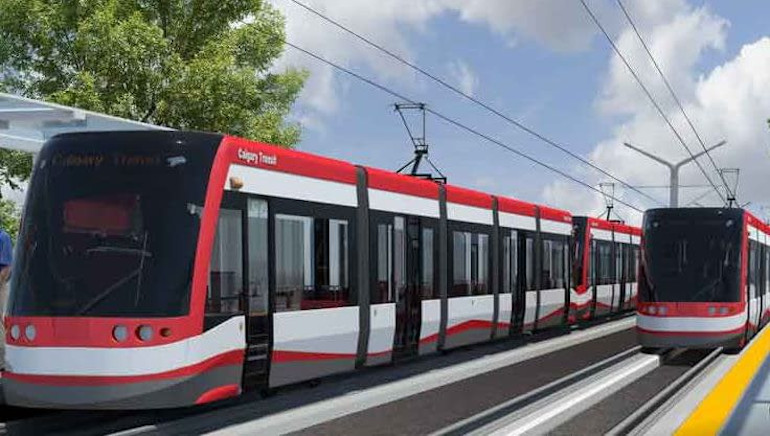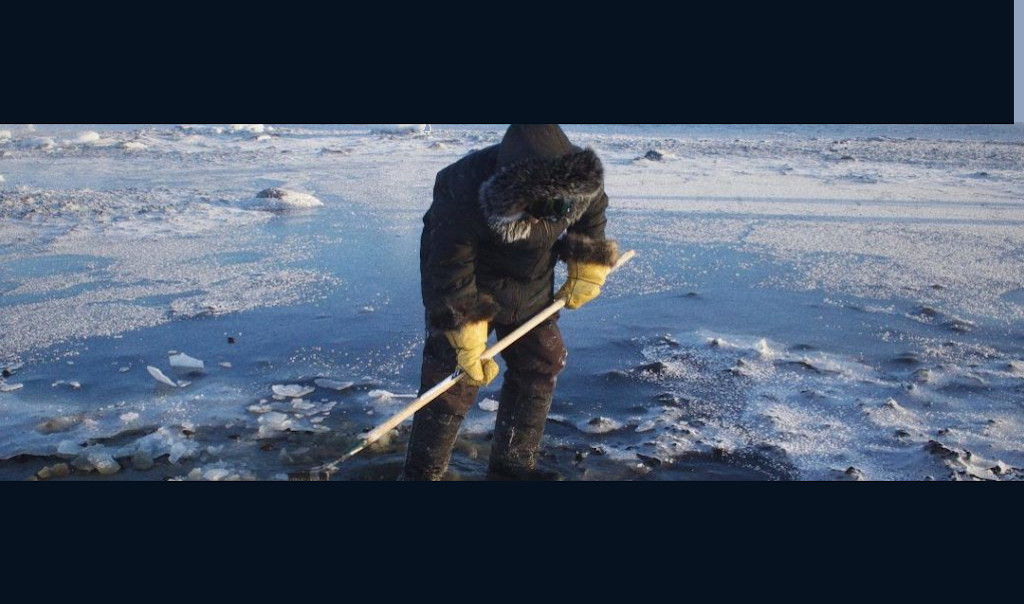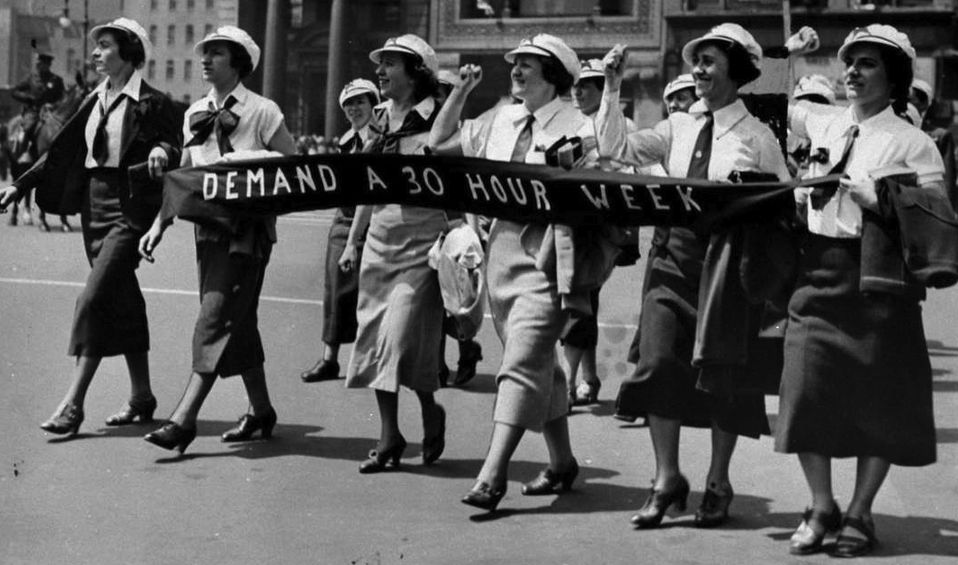Albertans went to the polls on October 18, electing new mayors in the two big cities: Jyoti Gondek in Calgary and Amarjeet Sohi in Edmonton. In both cities, voters elected fairly liberal, progressive city councils, most strikingly in Edmonton, where three right-wing councillors lost their seats. Of the nine city council candidates that the Edmonton and District Labour Council endorsed, three won. Unfortunately, not one candidate endorsed by Climate Justice Edmonton won a seat. The progressive trend extended into the school board elections as well, where voters elected candidates who have flatly rejected the ridiculous, racist, outdated UCP primary school draft curriculum that Education Minister Adriana LaGrange is still trying to push. Calgary’s conservative Ward 4 councillor, former Calgary Police Service officer Sean Chu, won re-election by a mere 52 votes but is now facing calls for his resignation after news broke that Chu sexually assaulted a minor when he was an officer over 20 years ago. Gondek refused to swear him in: instead the Associate Chief Justice performed the ceremony. Socialist Alternative supports the calls for his resignation, but we also demand full transparency from the Calgary Police Service: the release of details of all allegations, complaints, and charges leveled against CPS officers.
Gondek is Calgary’s first female mayor while Sohi is the first person of colour to take this office in Edmonton. Both new mayors are first-generation Canadians with Punjabi heritage. They are largely expected to continue along similar trajectories as their predecessors, with economic recovery, climate change, mental health and addictions, and racism and discrimination as key issues which they campaigned on.
Throughout the terms of mayoral predecessors, Don Iveson (Edmonton) and Naheed Nenshi (Calgary), a bubbling, reactionary discontent developed among a minority of voters who are concerned primarily with taxes and spending (both quantity and quality), and public safety. These issues are endemic to inefficient bourgeois government, whereas socialists put forth the demand, “tax the rich capitalists, no new taxes for the workers!” and support public services that would increase public safety. This reactionary element has yet to boil over, thanks in no small part to the downward pressure of an unpopular UCP provincial government dealing damage to conservative notions, but this reaction could likely grow as time goes on, though it may not fully mature until sometime after the UCP has left office. If the new city councils avoid increasing the tax burden of working people and avoid financial scandals, this element should lose strength.
Sohi is a former ETS bus driver, political prisoner, trade unionist, and Liberal MP in Justin Trudeau’s cabinet (2015-2019) serving as the Minister of Infrastructure and Communities and later, the Minister of Natural Resources. In 2019, he was defeated by Conservative Tim Uppal, whom he only defeated in 2015 by 92 votes. Sohi beat out former UCP candidate Mike Nickel in the mayoral race by over 46,300 votes (45.09 percent and 25.30 percent, respectively). Nickel’s ties to the UCP were a major roadblock to his own victory, with most Edmontonians roundly rejecting and even strategically voting against him. His voting record as a city councillor was also a turn-off. A base of vocal right-wing supporters, and an early deluge of signage across the city, made his campaign seem as if it had more momentum than it really did. Both candidates raised hundreds of thousands of dollars for their campaigns, but Sohi had at least 500 more donors than Nickel and ultimately outraised him.
Gondek holds a PhD in urban sociology, and is a former Calgary city councillor, elected to Ward 3 in 2017. Prior to her term as councillor, she sat as a citizen member of the city’s planning commission. She championed the Green Line LRT, the largest infrastructure investment in Calgary’s history – with over $4.9 billion in commitments from all levels of government. The Green Line LRT faced intense opposition from Calgary’s Petroleum Club, which sought to push its own vision for the project and leave Calgarians with a next-to-useless transit line. It was only the thousands of Calgarians rallying behind the project that kept it from being malformed, with councillors voting 14-1 in favour. Upon failing to kill the northern LRT connection, the Petroleum Club found support in Alberta Transportation Minister Ric McIver, who delayed the promised $1.5 billion in funding. It was only minutes before Prime Minister Trudeau made a July 7 announcement alongside Mayor Nenshi that the project was fully approved, that the Province suddenly approved the funding – likely out of fear the federal government was going to foot the bill and cause political embarrassment for the UCP.
In a province-wide referendum piggybacking on the municipal elections, Albertans appear to have voted to remove the equalization system from the Canadian constitution (official results pending). This, of course, is outside of provincial jurisdiction, and carries no legal weight. A provincial referendum on this issue is nothing more than a meaningless political stunt that the UCP is using in an attempt to revive support for their government – even though Jason Kenney was once part of the Harper government that designed the current formula. Equalization has long been a contentious issue among Albertans, so it’s not exactly a surprise that this referendum received many yes votes, especially among the rural populace. Unfortunately for Kenney, the question of equalization is simply not big enough to rewrite the UCP’s political fortunes when 61 percent of Albertans strongly disapprove of his leadership, due to pandemic policy zigzags and his war on nurses and workers in general. Expect an attempt to make political hay out of the referendum results.
There are two Albertas: a growing, more left-leaning, multi-racial and younger urban population and a more conservative rural populace. This has been the case since the disintegration of the Progressive Conservative Party, which ruled Alberta for 44 years and resulted in the election of a majority NDP government, in 2015. The federal Liberals and NDP have a tough time gaining footholds outside of Edmonton and Calgary. In the now two-party provincial field, urban bastions of orange are surrounded by vast seas of rural blue. Polarization between these two Albertas will continue to intensify, and there is even a mixed consciousness wherein individual voters choose the NDP provincially but Conservatives or Liberals federally.
However, the majority of Albertans have supported campaigns against coal mining in the Rockies, and only a small number of Albertans are truly supportive of the UCP’s war on public healthcare. The NDP should make a bigger issue of the $245 million in unpaid taxes that oil companies owe rural municipalities, which have caused increased property taxes for rural homeowners. There is common ground to be found between rural and urban segments, and we need a party that will organize around these issues.
As Socialist Alternative has stressed, the NDP and the Alberta Federation of Labour should not wait for the 2023 election. A strong program of taxing corporations, bolstering public services, building massive intercity transit systems, ending and reversing cuts, creating public jobs, and transitioning to clean energy (even more jobs) could be the basis of a popular campaign to drive Kenney and the UCP from office. Unfortunately, the NDP has opted for a conciliatory, collaborationist approach, recently calling for an “all-party” committee to investigate the government’s COVID-19 response. Will UCP MLAs vote to expose themselves as part of this committee? Of course not. We need a party that is willing to hit the streets and organize a mass opposition with recall petitions and demands for UCP resignations. The NDP has shown immense weakness at the most critical of times – this is the limitation of working within the limits of capitalism, which the NDP does.
Still, this municipal election season was a bellwether for the fate of the ruling government. This time, voters roundly rejected the right wing. Barring any major political disasters, expect an NDP government in 2023.



